A Garden of Books
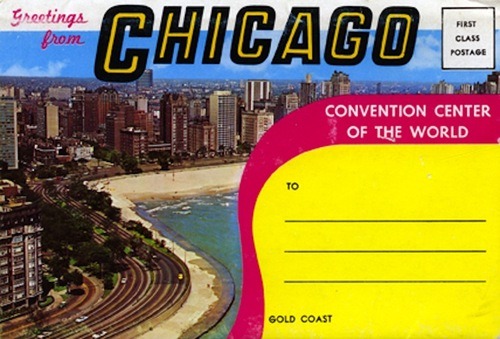
July 18, 2010—
I’ve spent some of the summer wandering around my father’s library in the dark basement of my parents Naperville home.
His ample bunker has always been a work in progress. There are no finished walls, old sofas where you could’ve made out as a kid and his books are propped up on rows of steel shelving like rusty rakes.
Dad used to go downstairs a lot to absorb a cool still during these hot summer months. I also think his books took him to another time.
Now he can no longer walk downstairs and has invited me and my brother to “take what we want.”
My entire apartment is like his basement, so I don’t need many more books. I have books in my kitchen cabinets. But I’ve snagged a couple of vintage Chicago titles and bequeathed them to young writers where I work. New ideas with grounded sources.
Having grown up in the three flats of Logan Square and the Chicago Stockyards, my Dad has a strong sense of roots. Hopefully these words from the mid-20th century will bring perspective in understanding the city today.
But there is one title I have kept: “CHICAGO (An extraordinary guide),” [Rand McNally, $7.95] written in 1967-68 by Jory Graham.
“CHICAGO” is a 475 -page hard cover travel and information guide. It offers fascinating insight into the way a heartland city used to be. Lots of stuff went down in the summer of 1968 (assassination of Robert Kennedy, the violent Democratic National Convention in Chicago), just after this book was published.
It is the city’s final guide to Midwestern innocence, a place comfortable in its own skin.
Chicago soon entered a complicated international stage.
Graham was a fourth-generation Chicagoan who wrote for the now-defunct Chicago Daily News. She died in 1983 and spent the last three years of her life writing a coping with cancer column. She was smart. A line in her foreword still rings true today:
“The Chicagoan’s confusion of bigness with greatness is wholly American, but the degree to which he equates them is un-matched anywhere north of Texas.”
As a long time contributor to “The Unofficial Guide to Chicago” series I’ve had fun wandering through the guide. For late night bars, Graham cites the Rally Alley, 1017 N. Rush and says, “In summer, when the dancing becomes horribly perspiry, the 5 AM closing is often greeted with a cheer because somebody suggests running across to the lake for a quick swim. Go—you’ll be just in time for the sunrise—and the lake is splendid at that hour.”
Today you would either be arrested or you would have to keep running back and forth to your car to feed the parking meter.
The restaurant section is full of the dearly departed like Binyon’s, Harvey House Grill, and Tiger Steak Bar & Dining Room on E. 79th St. (“The other superb Negro steak house in the city….private dining room for top echelon businessmen and celebrities, such as Dick Gregory. The main room is a hangout for Negro newsmen.”) But then there’s standbys like Bruna’s Cafe, 2424 S. Oakley, which has become one of my favorites in recent years. Graham recommends the Sunday specialty of Roast Chicken, “with oregano and other herbs tucked under its wings.”
And in the sports section Graham complains how Chicago’s facilities are spread across town and there is “considerable pressure for a glossy new catchall indoor-outdoor sports areana, one that will top Houston’s Astrodome, of course.”
Of course.
She also tells female readers to use First Aid stations at crowded stadiums. Graham says the trick is to “look distressed—the nurse won’t dare say no. Thus you get a toilet that flushes, two kinds of water in the wash basin, soap and plenty of paper towels.”
Reading Graham’s words has not been an exercise in nostalgia. I was only 13 when this book came out. But I stopped in the silence of the basement as I learned about the bocci evenings in the Siclian neighborhood, 3200 W. Chicago, not far from where I live. All that is gone. It is a not so faint memory for someone, somwhere.
A city is like a garden with deep roots shifting and new ideas in bloom with every coming season. We sustain from the warmth of close neighbors and the thrill is in the till. That is what I could tell the next generation of writers to which I am passing on these books.
That is what my Dad is telling them.

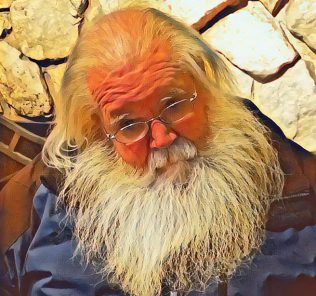
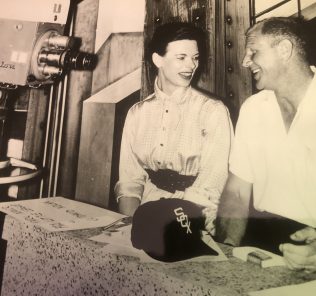
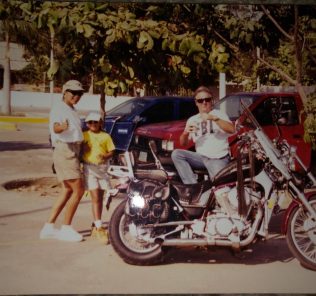
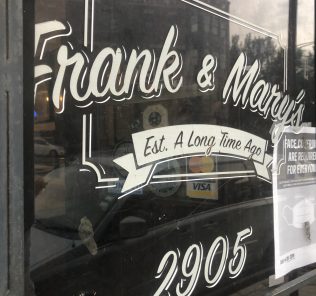
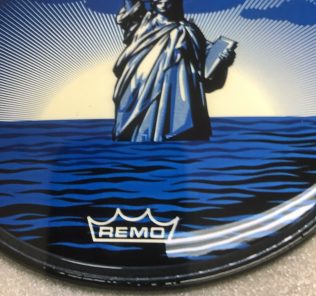
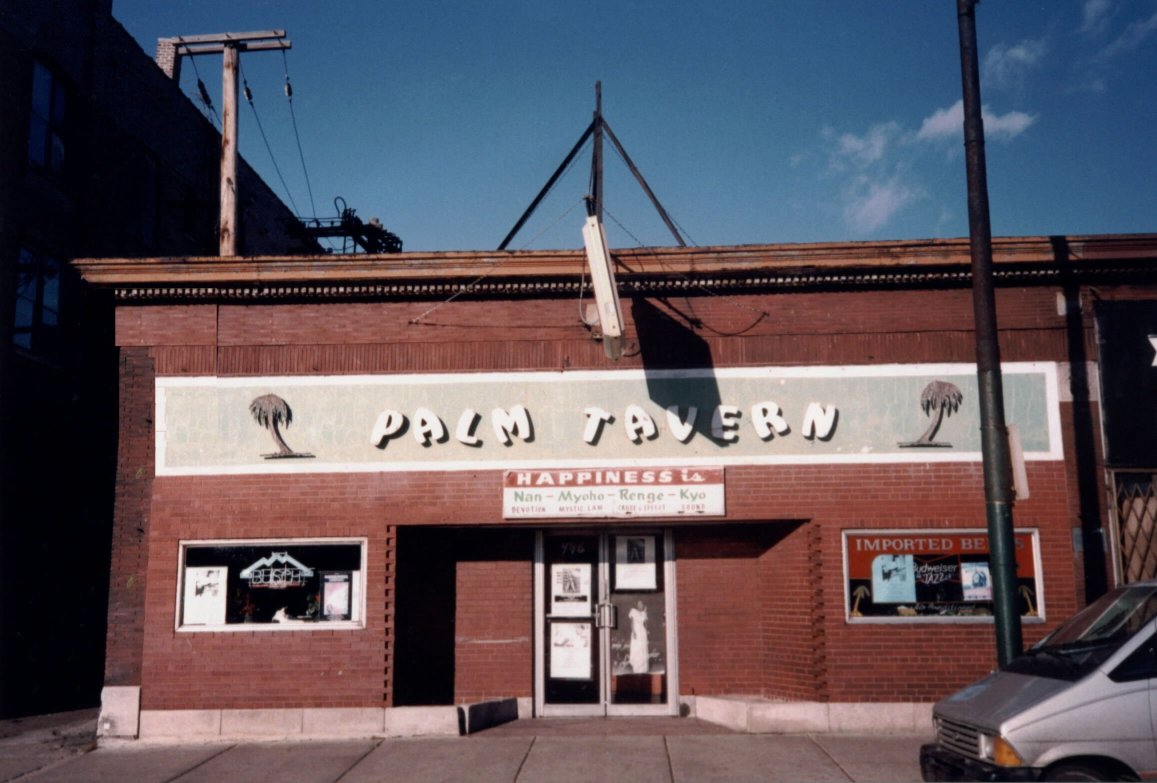

Leave a Response